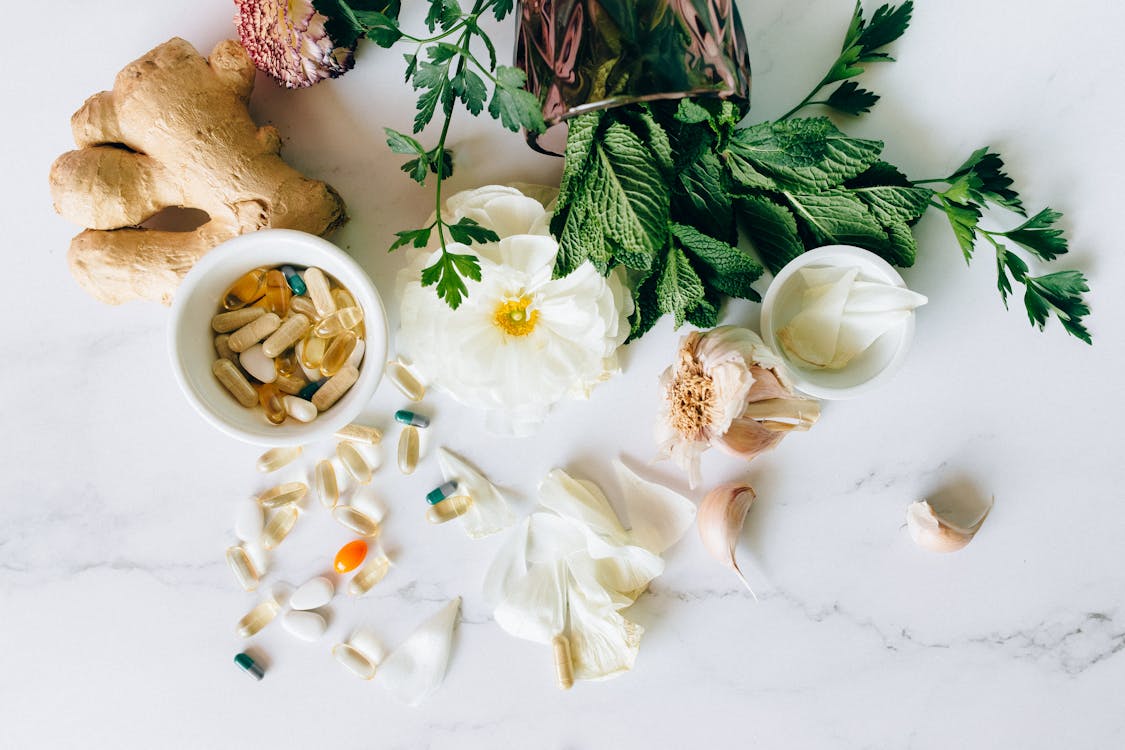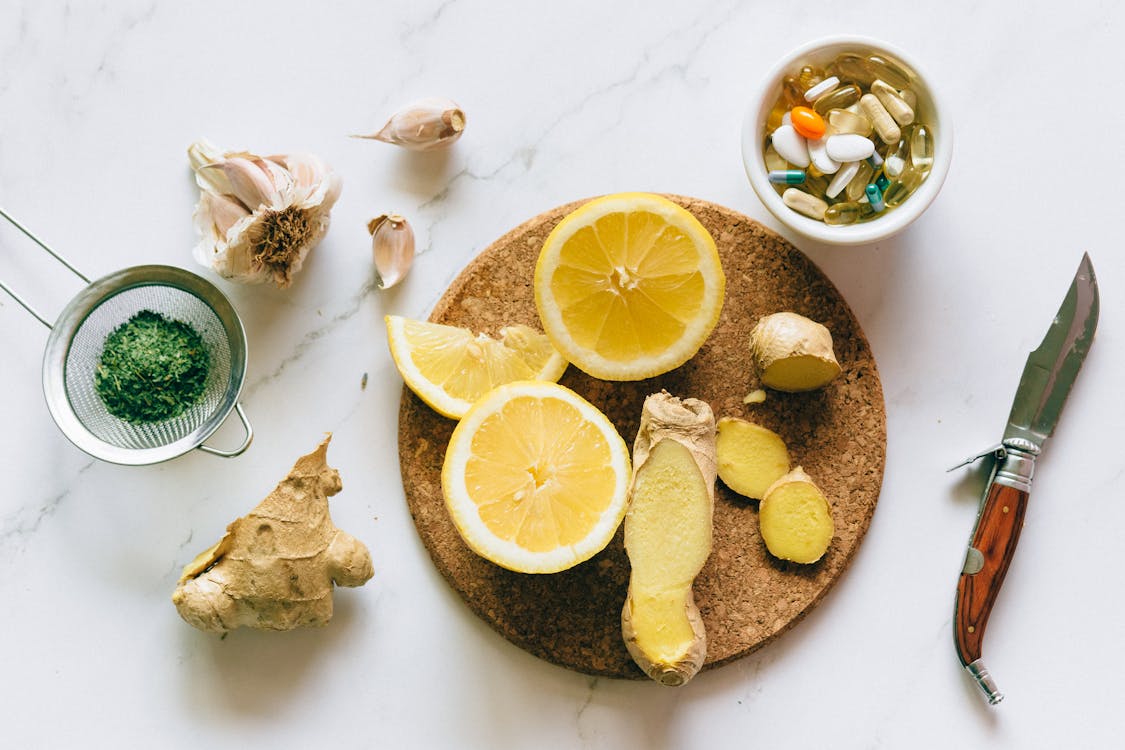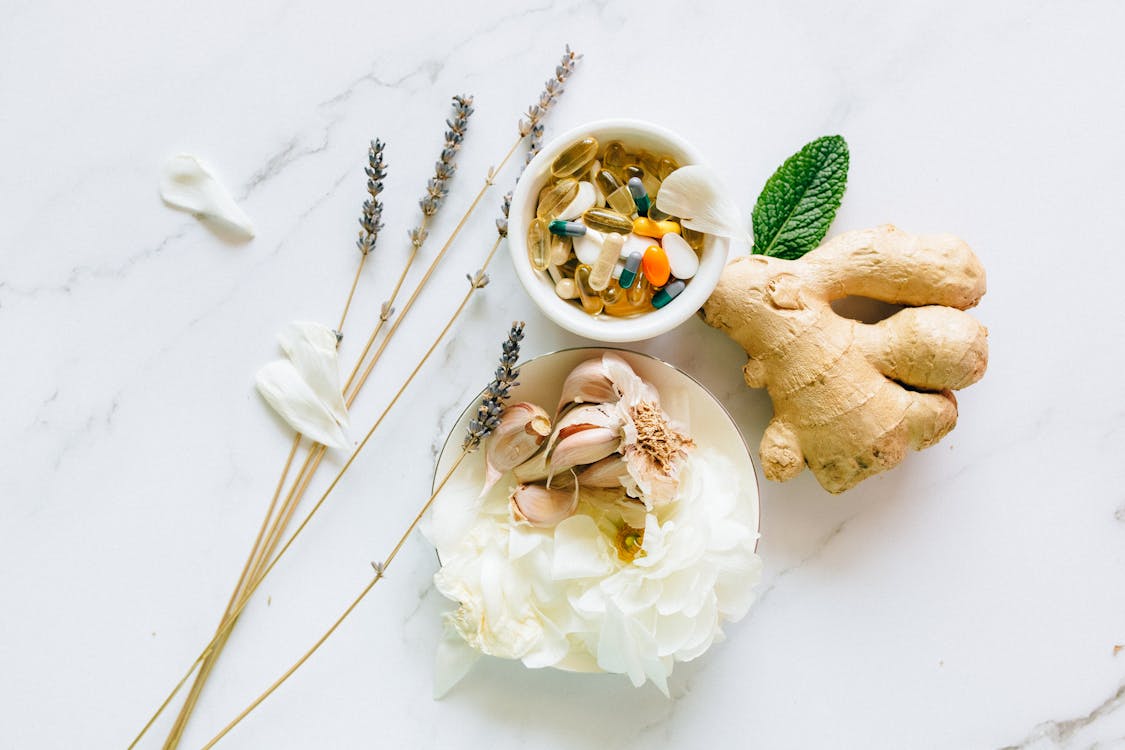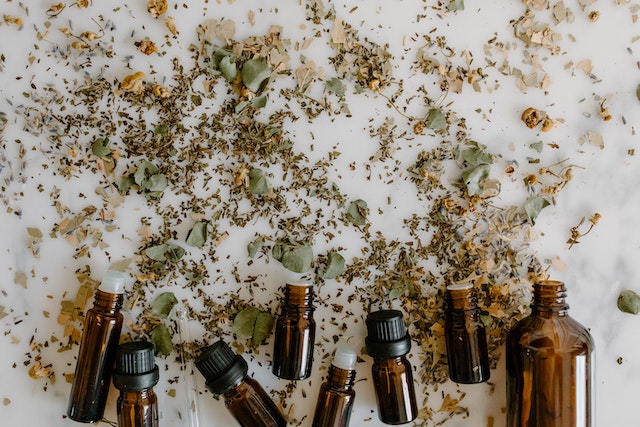Are you looking for natural remedies to treat common illnesses? You’re not alone. With the rise of natural and alternative medicine, more and more people are turning to natural remedies to treat their ailments. In this blog post, we’ll explore the 10 most effective natural remedies for common illnesses. From herbs to home remedies, we’ll look at what works and what doesn’t. We’ll also discuss the potential risks and benefits of each remedy, so you can make an informed decision on what’s right for you. So, let’s get started!
1) Colds and Flu

Colds and flu can be difficult to tackle, but natural remedies can help. Honey, garlic, ginger and vitamin C are some of the most effective treatments for relieving symptoms and speeding up recovery. For colds, try gargling with salt water or drinking hot tea with lemon and honey. For flu, taking a hot bath or steam inhalation with herbs like eucalyptus, thyme and peppermint can help open the airways and ease congestion.
2) Sore throat
Mix one teaspoon of salt into a cup of warm water and gargle it to help reduce swelling and soothe the pain. Drinking warm liquids, such as tea with honey, can also help ease throat pain. Steam inhalation and cold drinks with lemon can also be helpful. Another remedy for a sore throat is garlic, as it has natural antiseptic properties. Garlic can be chewed raw or mixed with honey.
3) Earache

Dab a small amount of garlic oil onto a cotton ball and apply it to the ear. This is a traditional remedy for earache that has been used for centuries. Another option is to mix warm olive oil with a few drops of lavender essential oil and place a few drops in the affected ear. Both of these remedies are thought to help reduce pain and inflammation.
4) Nausea
Ginger is a natural remedy for nausea. Try drinking ginger tea or chewing on ginger root. Ginger capsules are also available. Other effective home remedies include peppermint, lemon, and chamomile tea. Acupressure wristbands may also help relieve nausea. Other home remedies include snacking on crackers or toast, and drinking small amounts of clear liquids.
5) Vomiting

Ginger tea is a great remedy for nausea and vomiting. Add 1 teaspoon of freshly grated ginger to 1 cup of hot water, steep for 5 minutes, strain, and sip slowly. Chamomile tea can also help settle an upset stomach. Make sure to drink plenty of fluids to stay hydrated. To reduce vomiting, add lemon juice and honey to your ginger tea for a soothing remedy.
6) Diarrhea
Drinking clear fluids, such as water, herbal teas and broth, and eating foods like yogurt, bananas and rice can help ease symptoms. Probiotic supplements may also be beneficial. Another effective remedy is peppermint oil, which can help reduce inflammation and pain. You can also try ginger tea, which has anti-inflammatory and anti-spasmodic properties.
7) constipation

Drink plenty of fluids, eat foods high in fiber like fruits, vegetables, and whole grains, and exercise regularly to help relieve constipation. Natural remedies like drinking prune juice or taking a teaspoon of baking soda dissolved in warm water may also help. Herbal teas, like chamomile, peppermint, and ginger, can also be beneficial.
8) Abdominal pain
Natural remedies for abdominal pain can include drinking peppermint tea, eating probiotic yogurt, and taking a hot bath. Ginger and chamomile tea are also said to help relieve stomach aches. Other home remedies include drinking warm lemon water or using a heating pad. Applying a warm compress to the area of discomfort can also provide relief.
9) Headache

Relieve headaches with natural remedies such as peppermint oil, ginger, lavender oil, and apple cider vinegar. Massage your temples, forehead, and scalp with these oils or take a hot shower to relax the muscles in your head. For more severe headaches, try using acupressure or acupuncture for relief.
10) Muscle aches and pains
For muscle aches and pains, try applying a heating pad or taking a hot bath or shower. Other natural remedies include stretching and massage, as well as using natural essential oils like lavender and eucalyptus. Additionally, certain herbs such as arnica, ginger, and turmeric can be used to help reduce inflammation and pain.

